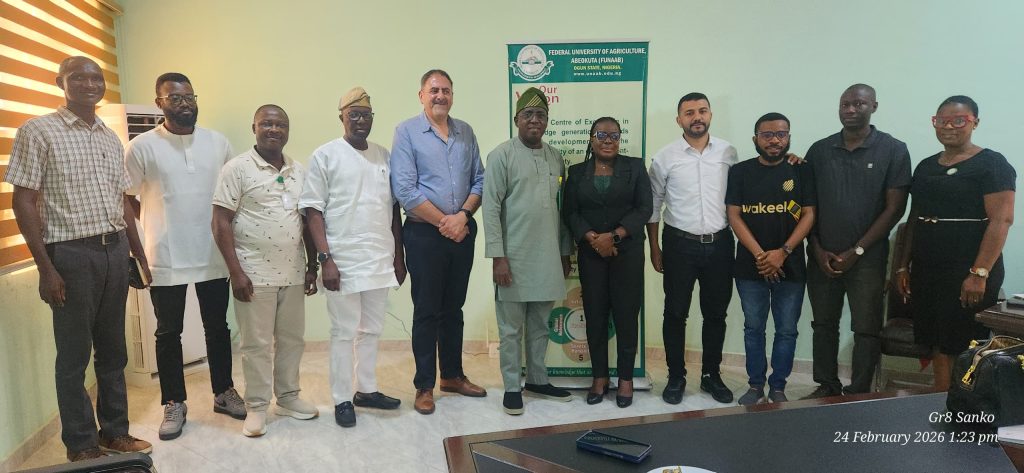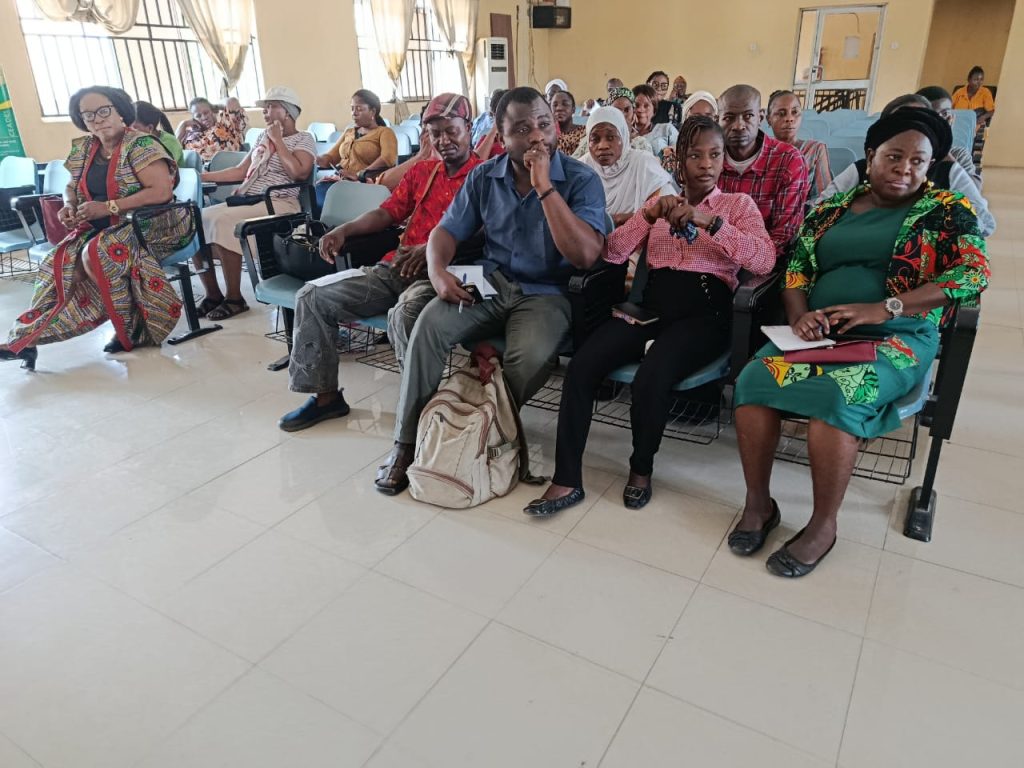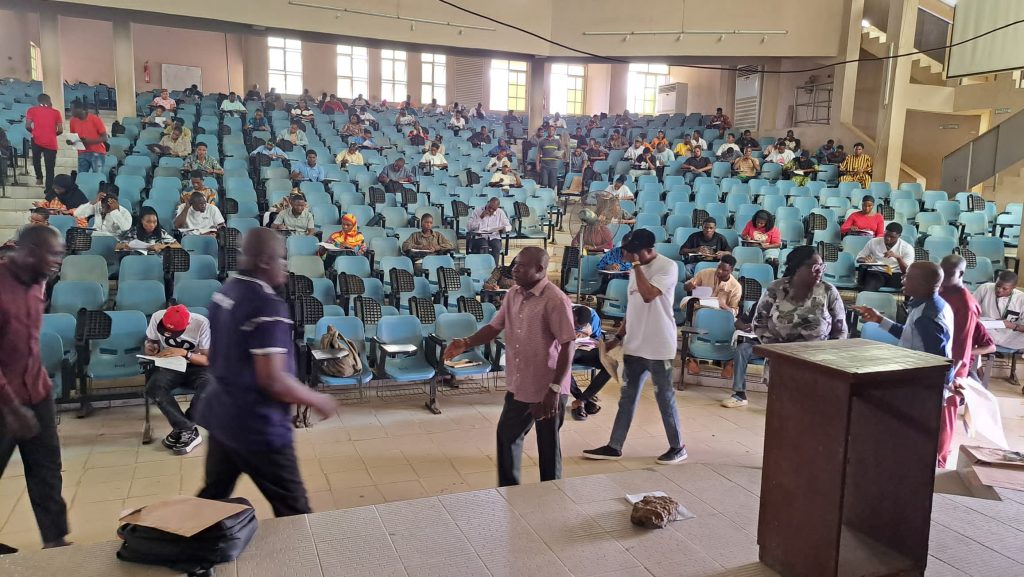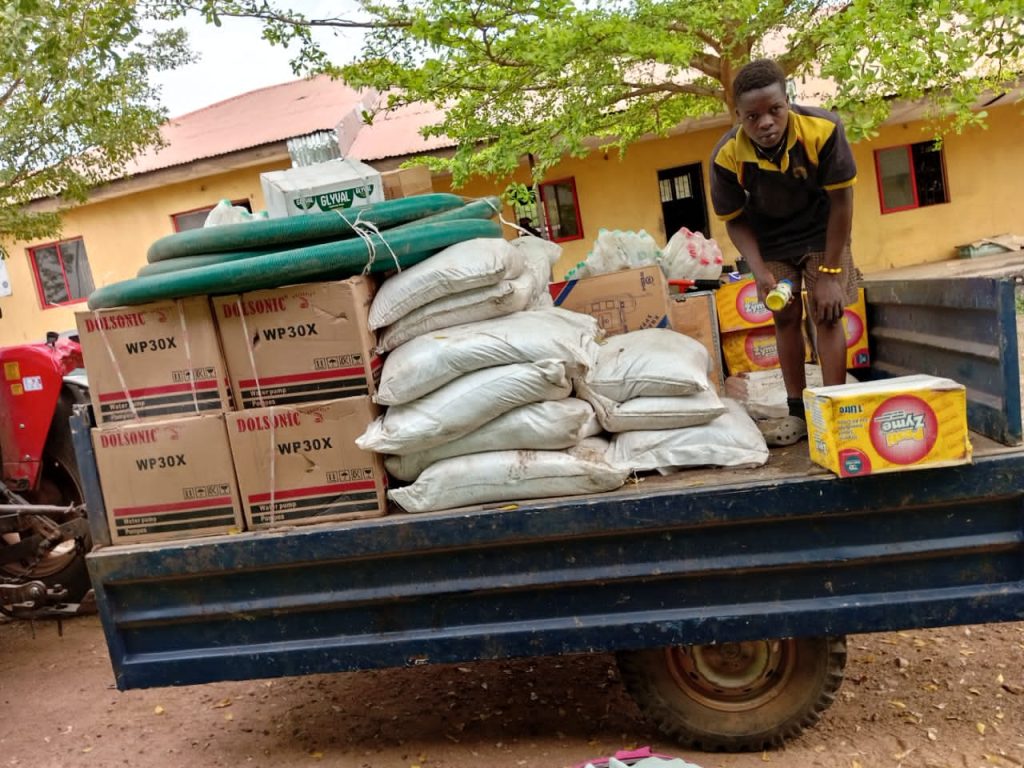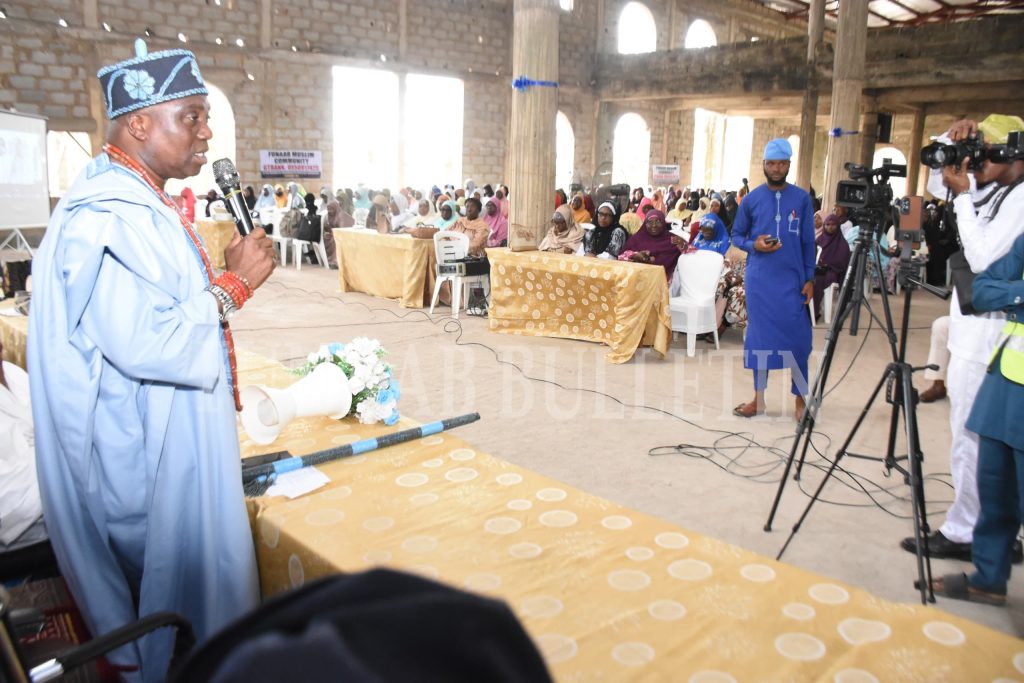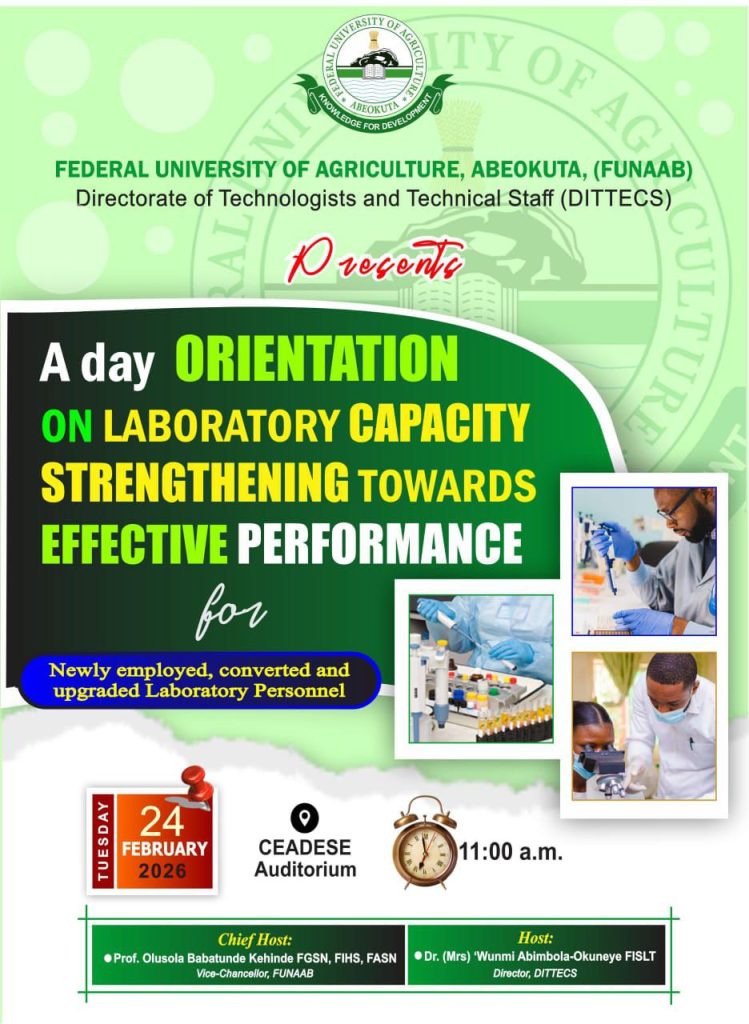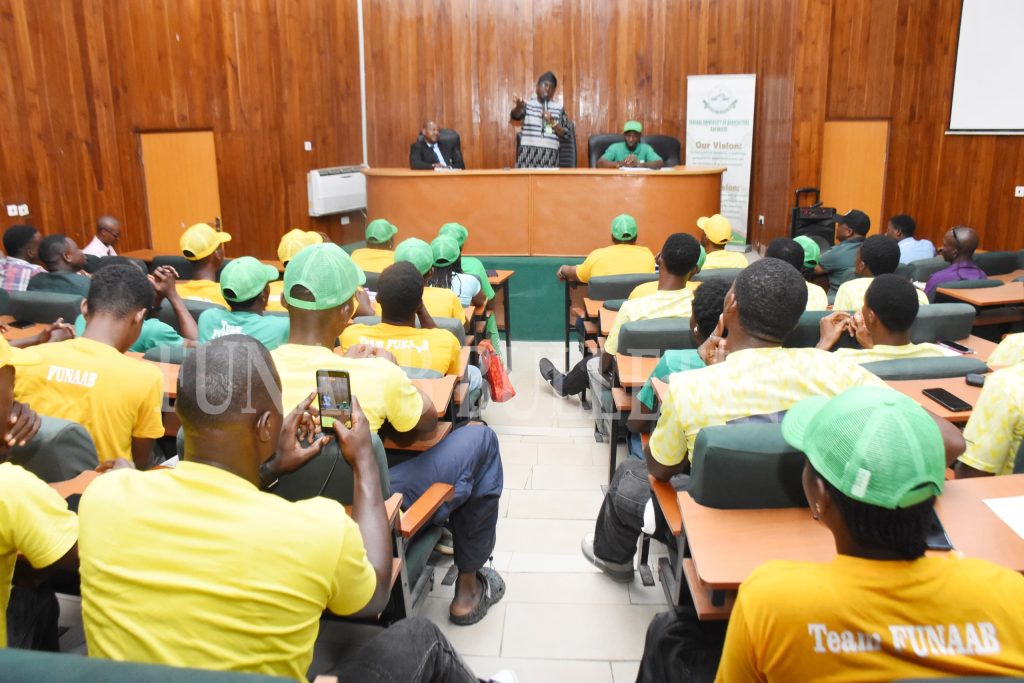Last Updated on December 18, 2019 by FUNAAB
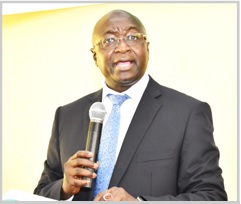
Agriculture remains a vital component of the Nigerian economy, contributing 24.4 percent of the Gross Domestic Product (GDP), providing employment for over 30 percent, and guaranteeing food security for the teeming population of nearly 200 million people, hence, requires better funding. This was the submission of a leading financial expert and the Managing Director, Standard Chartered Bank Nigeria Limited, Mr. LaminManjang, at the 1st Quarterly Lecture of the Africa Centre of Excellence in Agricultural Development and Sustainable Environment (CEADESE) of FUNAAB.
At the conference, which was themed, “Making Agricultural Funding Work in Nigeria”, the notable banker spoke on some of the approaches being undertaken by successive governments in Nigeria to deliver credit facilities to the various sectors through the Credit Guarantee Schemes (CGS), to de-risk the sector for lenders. He listed out the approaches to include the Agricultural Credit Guarantee Scheme (ACGS), Commercial Agriculture Credit Scheme (CACS), Anchor Borrowers’ Programme (ABP), Agribusiness/Small and Medium Enterprises Investment Scheme (AGSMEIS), National Food Security Programme (NFSP), Nigeria Incentive-based Risk Sharing System for Agricultural Lending (NIRSAL), Accelerated Agricultural Development Scheme (AADS), and Paddy Aggregation Scheme (PAS).
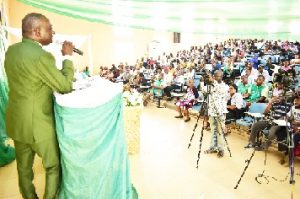
Speaking at the occasion, the Vice-Chancellor, Prof. Kolawole Salako revealed that without adequate financing and the full support from the Federal Government in terms of infrastructural development, agriculture cannot move forward. He stressed the need for Nigerians to work together, provide an enabling environment, and embrace locally-made products. “The moment importing stops in Nigeria, it would improve creativity. While we encourage that we should be more productive, the enabling environment and financing must be available”, he added. The Vice-Chancellor appreciated CEADESE for organising the event, stating that the University Management had decided to centralise the activities of CEADESE in line with its vision, adding that the Centre would now have a central laboratory.
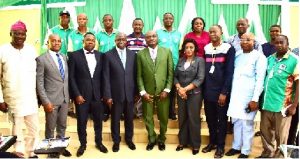
The Director of CEADESE, Prof. Olukayode Akinyemi, said the centre came on board in 2015, through a World Bank grant won by the University. According to him, FUNAAB was one of the universities that benefited from the intervention, stressing that the purpose of the grant was to bridge the gap between academia and the industries, to invest technically in regional integration through strategic purposes, to improve on the latest training facilities in the University, and to train the next generation of scientists, to be able to shape the future of African nations towards sustainable development.
Other Related Post
- COLBIOS Ends Second Biennial Conference
- Don Tasks FG on Energy Generation and Distribution
- Accreditation Team Harps on Quality Assurance

